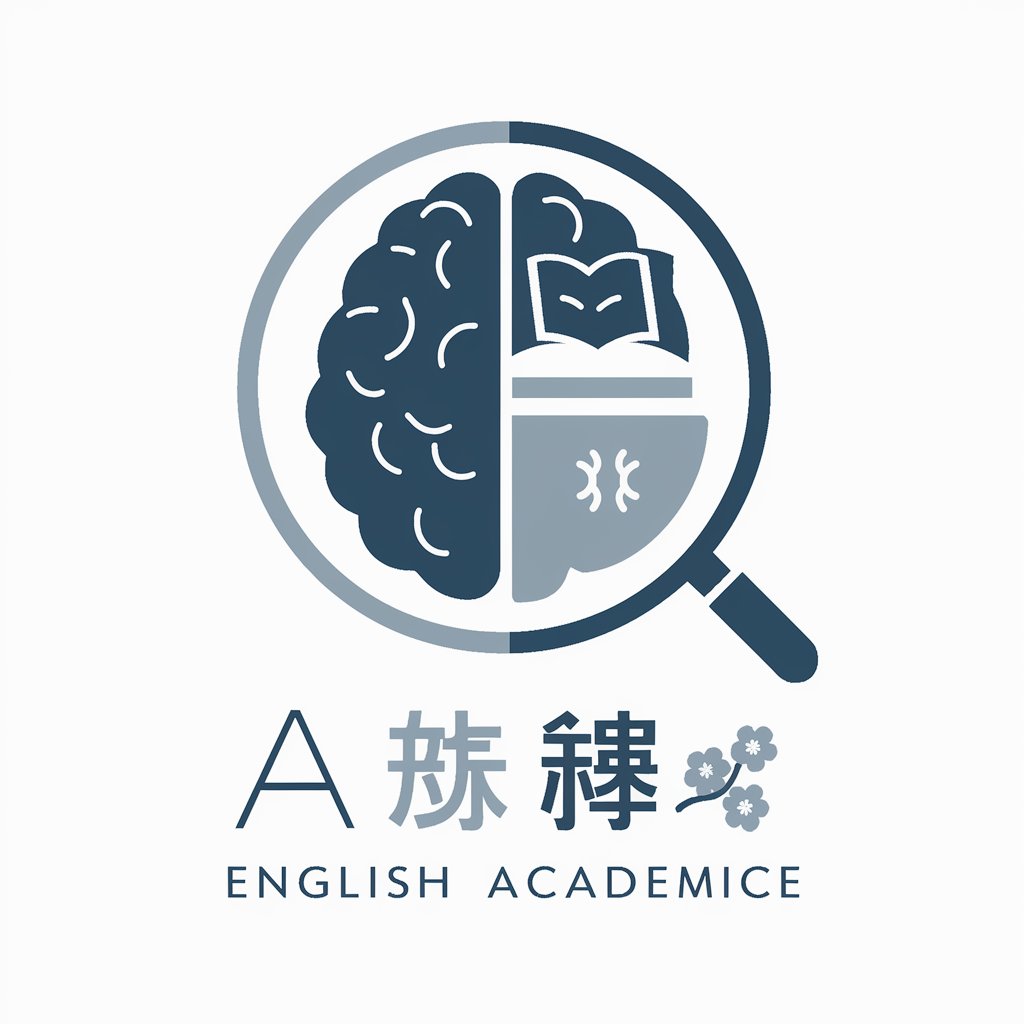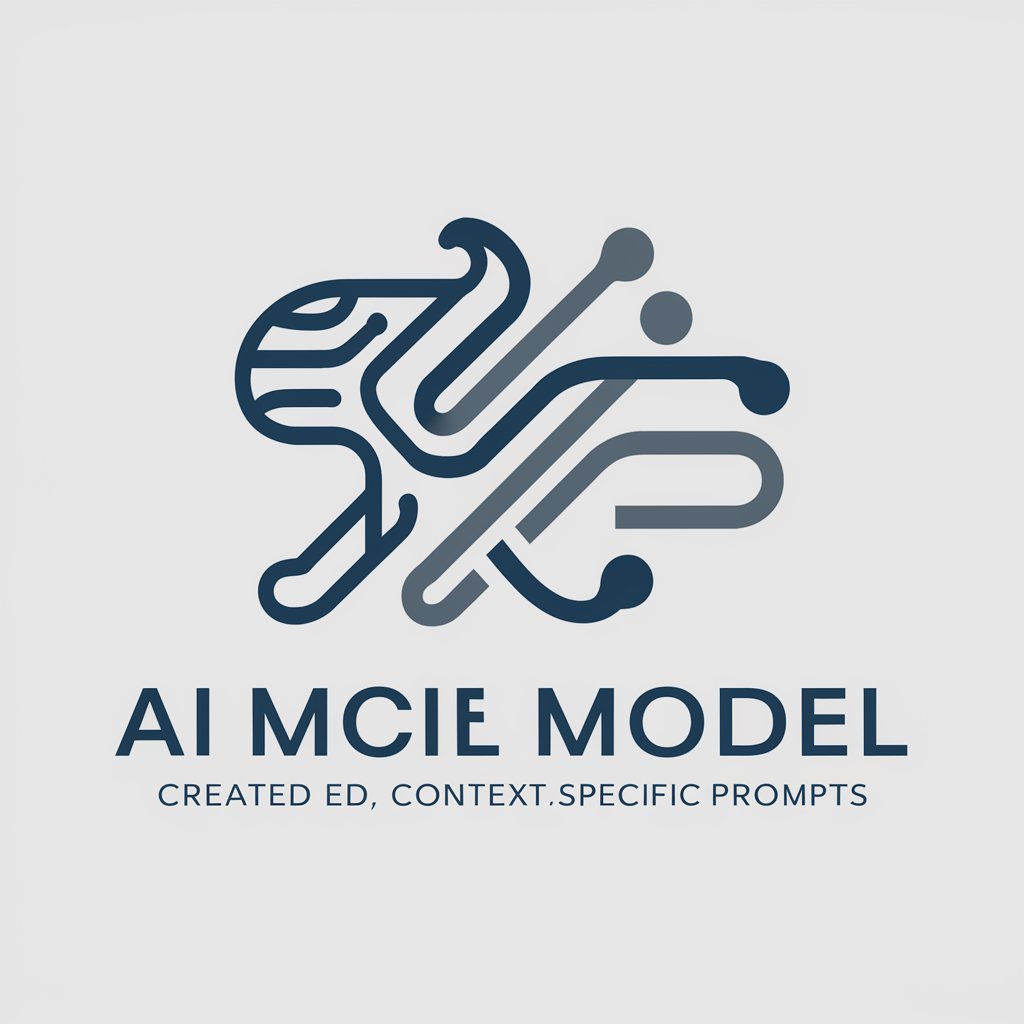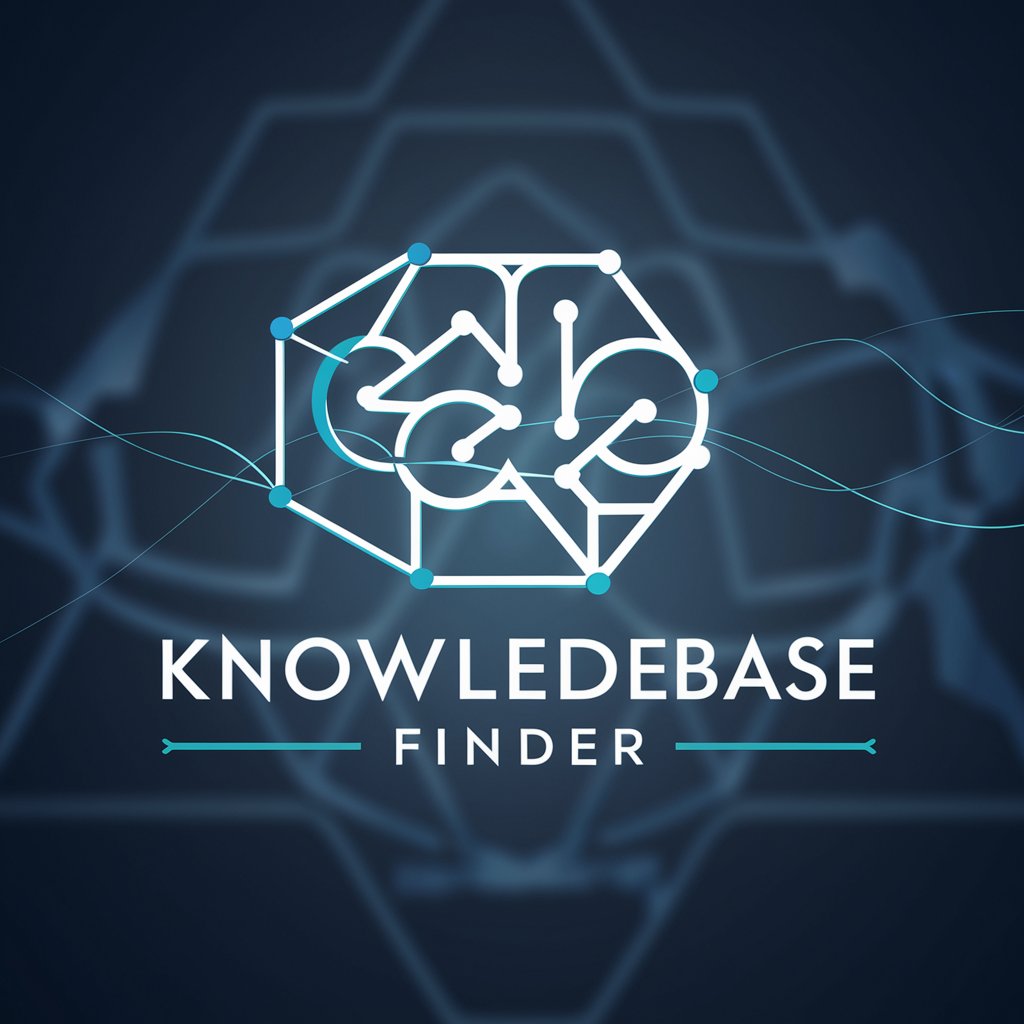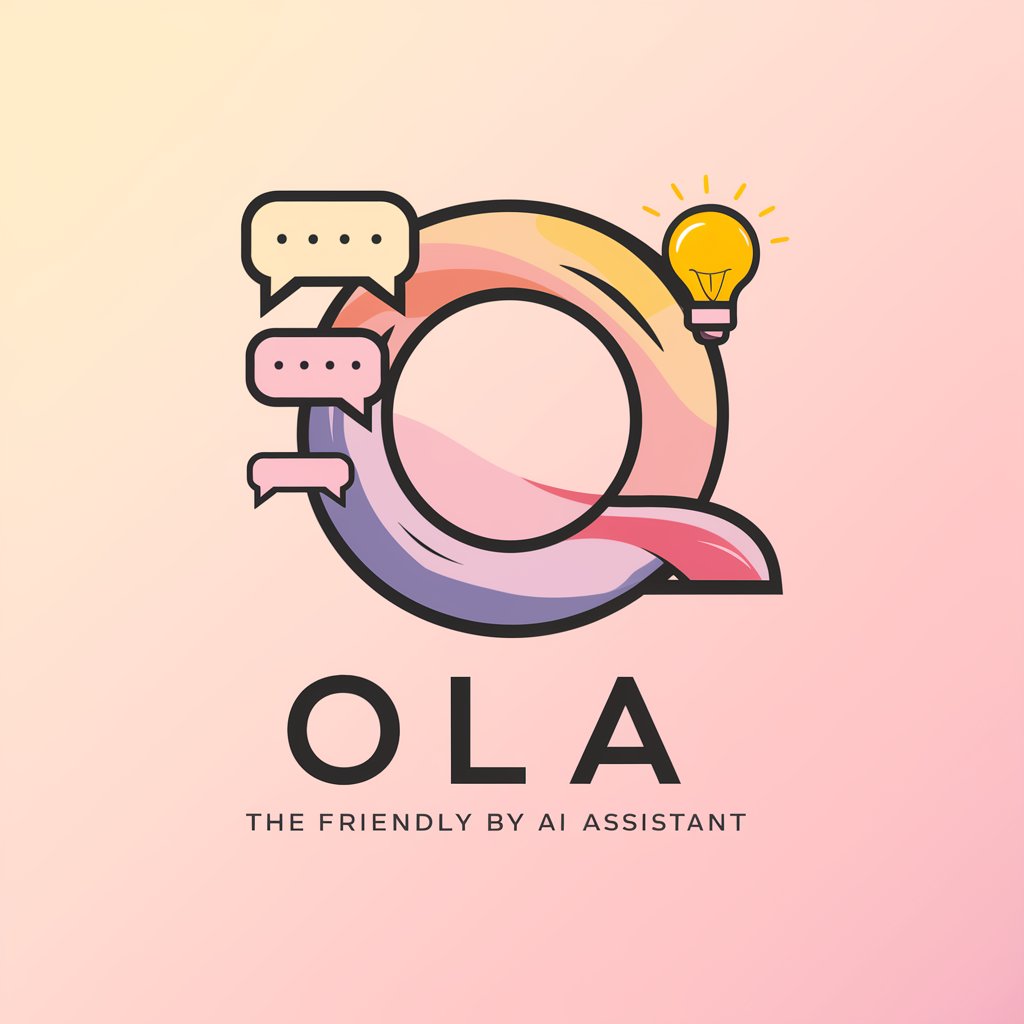Literature Assistant - Multilingual Academic Analysis

Hello! How can I assist with your academic literature today?
Empowering Research with AI Insights
Can you summarize the key arguments of this academic paper?
What are the main limitations of the study?
Could you explain the significance of the data presented in this table?
How does this diagram contribute to the overall understanding of the research?
Get Embed Code
Overview of Literature Assistant
Literature Assistant is designed to facilitate the analysis and understanding of academic literature, with a special focus on serving users who interact with complex academic texts. Equipped with multilingual capabilities, including proficiency in Japanese, it excels in summarizing academic papers, elucidating key arguments, and identifying limitations. It can also suggest areas for further review and provide explanations for diagrams, tables, and specific sections of texts. The design purpose centers around offering comprehensive, accessible explanations in a conversational tone, enhancing the user's engagement with academic material. For instance, if presented with a complex research paper, Literature Assistant can break down its methodology, results, and implications in a clear, concise manner, making the information more approachable for users of varying academic backgrounds. Powered by ChatGPT-4o。

Core Functions of Literature Assistant
Summarization of Academic Papers
Example
Condensing a 30-page research paper into a succinct summary highlighting its purpose, methodology, findings, and conclusions.
Scenario
Assisting a graduate student in quickly grasping the essence of research papers for their literature review.
Elucidation of Key Arguments
Example
Identifying and explaining the main arguments in a philosophical text, outlining the logic and evidence used.
Scenario
Helping a philosophy major understand complex arguments presented in dense academic texts.
Identification of Limitations
Example
Pointing out the limitations and potential biases in a study's methodology or data sources.
Scenario
Guiding a researcher in critically evaluating studies for a systematic review.
Suggestion for Review Areas
Example
Proposing specific sections or topics within a paper that require deeper analysis or further research.
Scenario
Assisting an academic in identifying gaps in their manuscript before submission to a journal.
Explanation of Diagrams and Tables
Example
Interpreting complex statistical tables or scientific diagrams and explaining them in simpler terms.
Scenario
Supporting a student in understanding data representations in a research article for their coursework.
Target User Groups for Literature Assistant
Students and Academics
This group includes university students, researchers, and professors who regularly engage with dense academic texts. They benefit from Literature Assistant's ability to distill complex information, aiding in research, study, and teaching.
Non-native English or Japanese Speakers
Individuals who are proficient in English or Japanese but not native speakers can leverage Literature Assistant to better understand and interpret academic literature in these languages, enhancing their comprehension and research capabilities.
Professionals in Research-Intensive Fields
Professionals in fields like medicine, law, and engineering, where staying updated with the latest research is crucial, can use Literature Assistant to quickly absorb and apply findings from recent studies and papers.

Guidelines for Using Literature Assistant
Initial Access
Visit yeschat.ai for a free trial without login, also eliminating the need for ChatGPT Plus.
Choose Language
Select your preferred language, English or Japanese, to interact with the Literature Assistant.
Specify Query
Present your academic literature-related query, be it a summary, analysis, or explanation of specific elements such as diagrams or tables.
Review Responses
Carefully review the detailed responses provided, which include analysis, summaries, and explanations tailored to your query.
Iterative Interaction
Engage in follow-up questions or request further clarification to refine your understanding and obtain comprehensive insights.
Try other advanced and practical GPTs
FamSocial: DreamMaker
Bringing Your Vision to Life, AI-Powered

ORBITA-2 trial
Deciphering PCI Impact with AI

MetaGPT
Crafting Expert AI Prompts, Powering Specialized Solutions

Draw Me a Mutton
Bring Sketches to Life with AI

KnowledgeBase Finder
Empowering AI with Expert Knowledge

YT SEO Optimizer - GPT
Elevate Your Video, Empower Your Channel

Doraemon Bot
Inventive Solutions from Doraemon's World

Ola
AI-Powered VC Outreach Enhancer

Docker 4.0
Revolutionize Your Development with AI-Powered Docker 4.0

Drill Sergeant
Ignite Your Fitness Journey with AI-Powered Motivation

CARTOON versus CARTOON
Animate Your Arguments

BOOK versus BOOK
Empowering Literary Analysis with AI

Frequently Asked Questions about Literature Assistant
Can Literature Assistant handle documents in both English and Japanese?
Yes, Literature Assistant is equipped to analyze and explain academic literature in both English and Japanese, providing comprehensive insights in the chosen language.
Is it possible to get summaries of complex academic papers?
Absolutely. Literature Assistant specializes in summarizing academic papers, highlighting key arguments, and pinpointing the core essence of the research.
How does Literature Assistant handle diagrams and tables in academic papers?
It excels in explaining diagrams and tables, offering detailed, accessible interpretations of these elements to enhance your understanding of the material.
Can Literature Assistant identify limitations in research papers?
Yes, one of its key functions is to critically analyze papers and identify potential limitations or areas needing further research.
Does Literature Assistant offer suggestions for academic writing?
Indeed, it can provide suggestions and areas for review, aiding significantly in the process of academic writing and research development.
